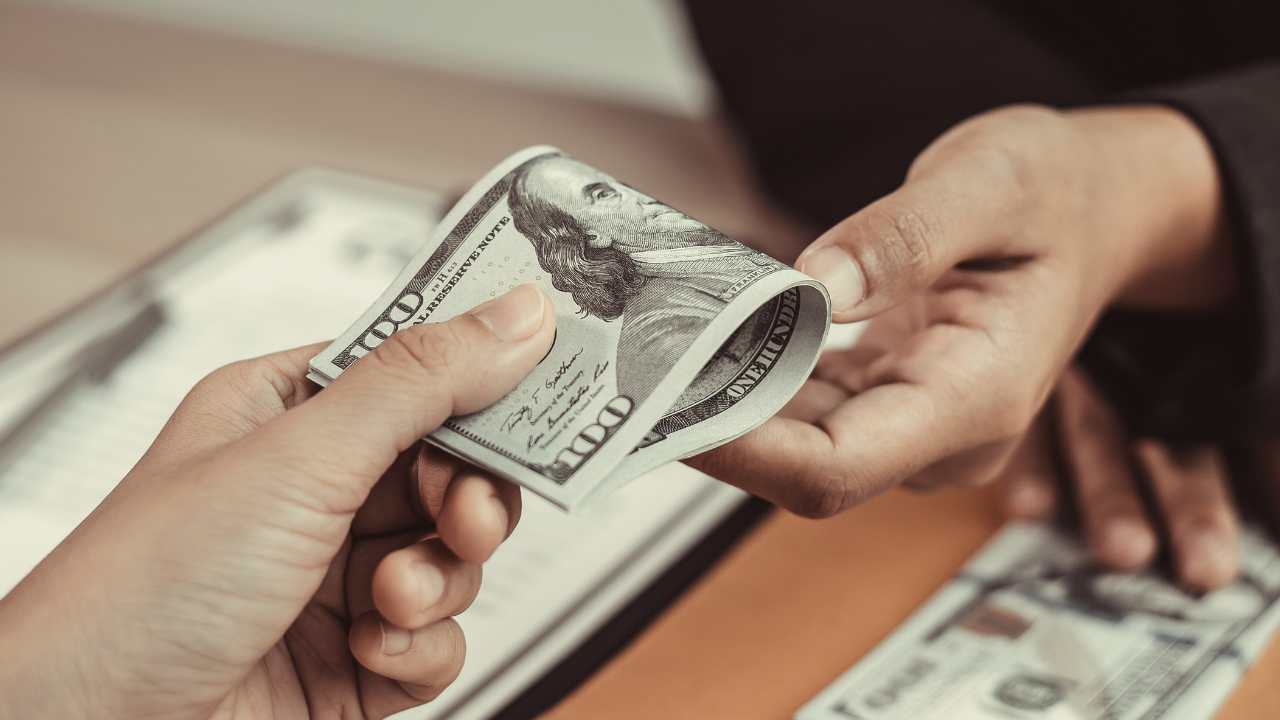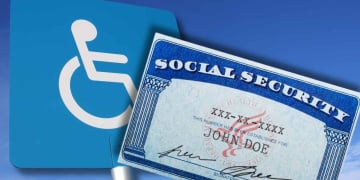Several U.S. states and counties have implemented guaranteed income programs (stimulus checks) to provide direct financial assistance to vulnerable populations, including low-income families, former foster youth, and individuals impacted by economic crises.
Initiatives like Los Angeles’ Breathe program, Mississippi’s Magnolia Mother’s Trust, and New York’s Inflation Relief payments aim to reduce poverty and improve financial stability through unconditional cash transfers. These programs vary in structure, eligibility, and funding but share a common goal: offering economic support without restrictive requirements.
$1,000 Stimulus Payments: Requirements for Guaranteed Income
Los Angeles County implements Breathe, a guaranteed income program launched in 2022. It supports low-income residents affected by the COVID-19 pandemic. The initiative randomly selected 1,198 participants to receive direct financial assistance.
Beneficiaries receive $1,000 monthly for three years, with payments active until August 2025. Requirements include being over 18 years old and residing in low-income areas of the county. Applicants must prove financial hardship linked to the health crisis.
In August 2024, Breathe expanded its coverage to include former foster youth. It now serves 2,000 individuals aged 18 to 21. This group receives $500 monthly or $1,500 quarterly for 18 months.
Magnolia Trust: A Stimulus Program Supporting Mothers Since 2018
The program prioritizes financial stability without usage restrictions. Participants freely decide how to allocate funds. A spokesperson stated: “allowing beneficiaries to use the funds as they see fit.”
In Jackson, Mississippi, the Magnolia Mother’s Trust has operated since 2018. It is the oldest guaranteed income program in the U.S., targeting Black mothers with limited financial resources. It currently serves its fifth cohort of participants.
Over 100 beneficiaries receive $1,000 monthly for 12 months. Additionally, they get a $1,000 deposit into 529 accounts for children’s education. Optional access to mental health and family wellness programs is provided.
The program does not require drug tests or proof of employment. Associated studies report improvements in participants’ financial security. The organization states: “has proven to improve financial security and overall well-being.”
New York to Pay Up to $400 per Household in 2025
New York will implement an Inflation Relief program in 2025. Governor Kathy Hochul included it in the 2026 fiscal budget. It aims to mitigate the effects of rising living costs for residents.
8 million households could receive up to $400 per family, based on income level. Checks will be automatically distributed between October and November 2025. Requirements include state residency and a filed state tax return.
The fiscal package expands the Child Tax Credit to $1,000 per child. It also establishes universal free school meals. These measures seek additional financial relief for families impacted by inflation.
The three programs represent different models of direct cash transfers. Their designs vary by target population and geographic context. None require work or education-related conditions for beneficiaries.




